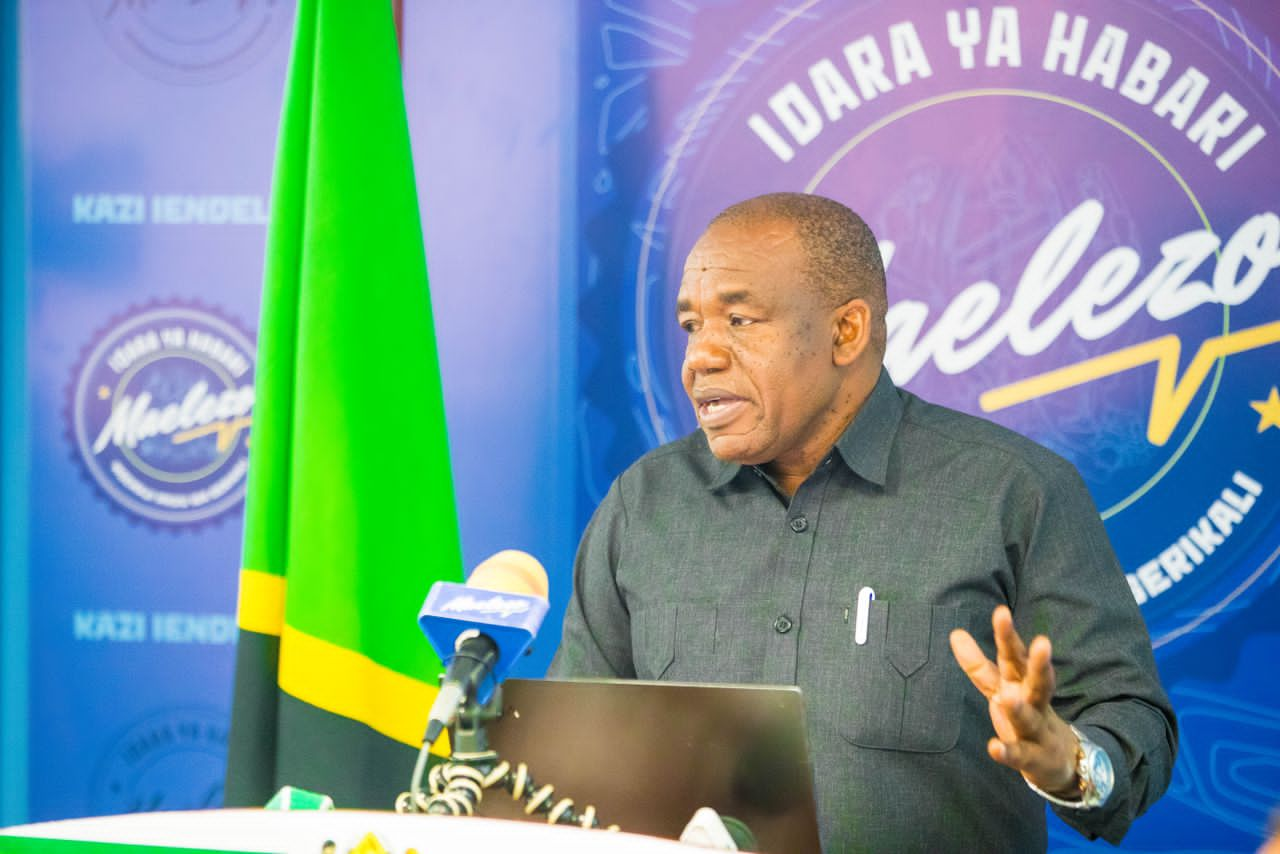In a bid to foster scientific research, facilitate knowledge sharing, and promote sustainable development, a group of dedicated researchers in Tanzania has established the Association of Tanzania Researchers (ATARE). This association aims to serve as a unifying platform for researchers, empowering both emerging and seasoned researchers to tackle various challenges and contribute to the nation’s development.
ATARE, under the leadership of its President, Prof Joseph Ndunguru, seeks to promote scientific research by encouraging the dissemination of research findings, sharing information and knowledge, and supporting projects. Prof Ndunguru highlights the association’s role as a potential “basket fund” for its members, raising funds and resources to support research initiatives within the organization.
Furthermore, ATARE plans to recognize and celebrate exceptional researchers who have made significant contributions to national development through their discoveries, inventions, and innovations.
One of the association’s primary goals is to bring together researchers from diverse disciplines to encourage knowledge-sharing and mutual empowerment. Prof Ndunguru emphasizes the importance of establishing research initiatives in science, innovation, and technology to drive sustainable development.
Additionally, ATARE aims to connect Tanzanian researchers with their counterparts at regional and global levels to facilitate capacity development. The association will establish and maintain a comprehensive database of research conducted in Tanzania, ensuring that researchers and the public have access to valuable information.
ATARE also plans to unearth the wealth of research conducted in Tanzania over the years. Prof Ndunguru points out that Tanzania ranks 11th out of 54 countries in terms of the number of scientific articles published in 2020. However, the whereabouts of many of these publications remain unknown. ATARE intends to locate and utilize these resources for current and future use.
Read also: Sahara Agriculture Expo showcases growing Sino-Egyptian agricultural collaboration
Supporting Agricultural Research and Market Access
Researchers like Ms. Elizabeth Maeda believe that ATARE will be instrumental in connecting research with practical applications, especially in agriculture. The platform will facilitate the identification of markets for research-derived products, particularly in the field of agricultural research.
Farmers will benefit from increased access to information about markets for their produce, potentially encouraging greater agricultural output. ATARE aims to establish a coherent strategy for communicating research findings and connecting researchers with markets to secure contracts for farmers.
The Call for Human Resource Development
Dr. Maeda emphasizes the importance of human resource development in achieving a positive impact on the country’s development. She believes that government and stakeholders should prioritize initiatives that enhance the skills and capabilities of researchers and other professionals.
As ATARE takes its first steps in unifying Tanzania’s research community, its vision of promoting scientific advancement, knowledge sharing, and sustainable development holds great promise for the nation’s future. Through collaboration, capacity building, and the effective use of past research, ATARE aims to contribute to Tanzania’s growth and prosperity.
Nigeria, Ghana forge agricultural partnership for rice, wheat farming
Building a Sustainable Africa through Research
Scholars have, over the years, emphasised that scientific research plays a pivotal role in advancing sustainability across Africa. According to Dr. Jane Omojokun, a leading environmental scientist at the African Environmental Conservation Organization, “Scientific research is the cornerstone of sustainable development in Africa. It provides the knowledge and insights needed to address pressing challenges, from climate change to healthcare, and to drive innovation.”
Professor Kwame Asante, an expert in agricultural sciences at the University of Ghana, concurs: “Without rigorous scientific research, we cannot hope to develop sustainable agricultural practices that will feed our growing population. Research allows us to optimize crop yields, reduce environmental impacts, and ensure food security.”
A public health researcher at the African Health Research Institute, Dr. Amina Diop, also highlights the role of research in healthcare: “Evidence-based healthcare policies and interventions stem from scientific research. It’s the foundation for improving healthcare systems, addressing diseases, and enhancing overall well-being.”
These scholars stress the need for increased investment in research infrastructure and capacity building to harness Africa’s potential for sustainable development. Their positions further harp on the importance of the establishment of ATARE, which has the capacity to contribute in achieving the United Nations Sustainable Development Goals on the continent.




